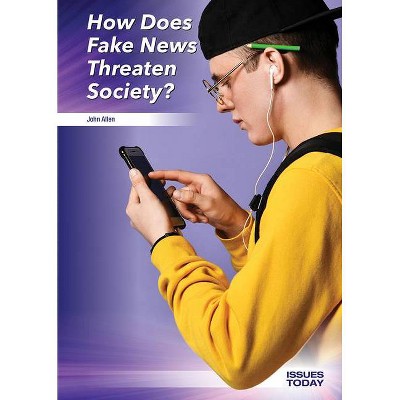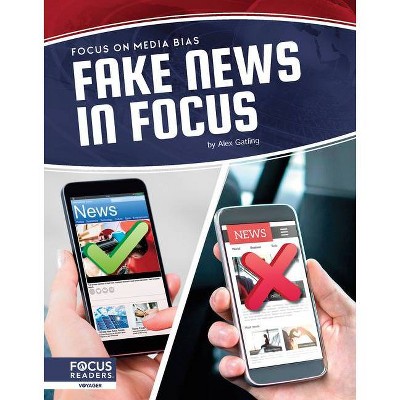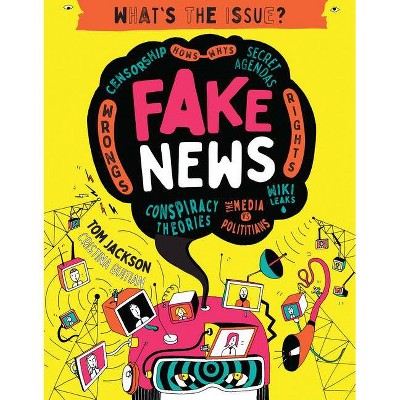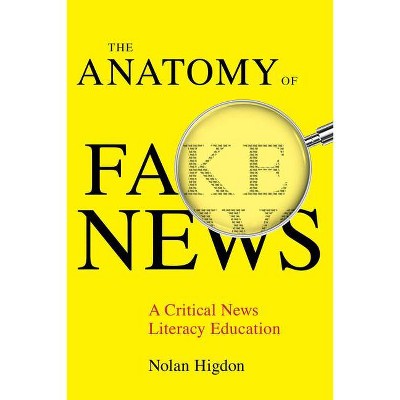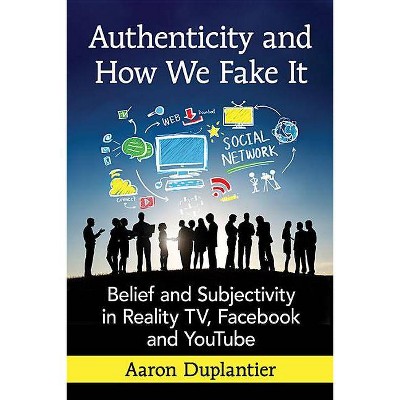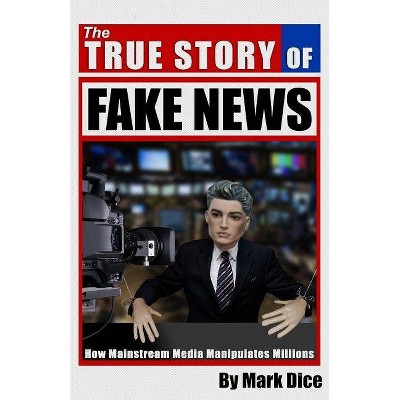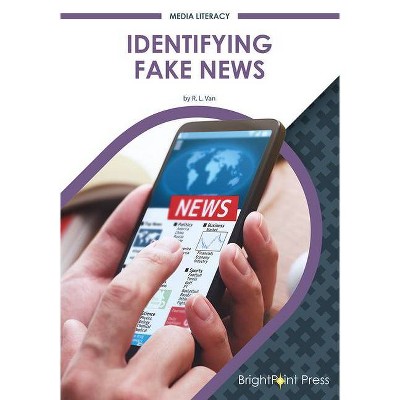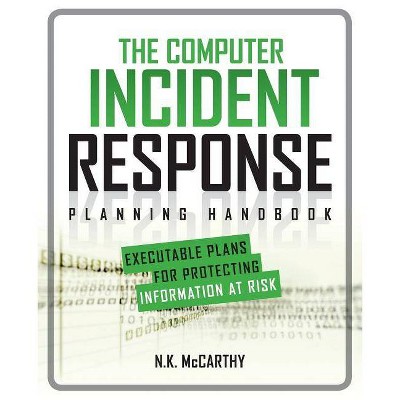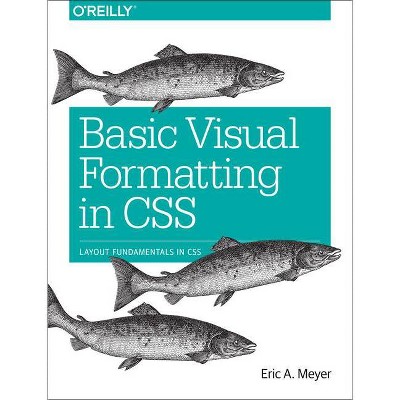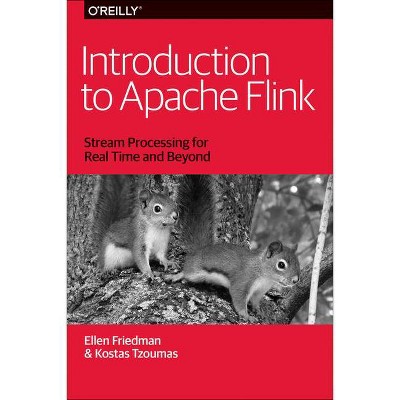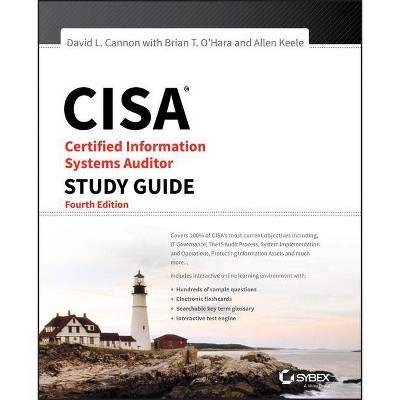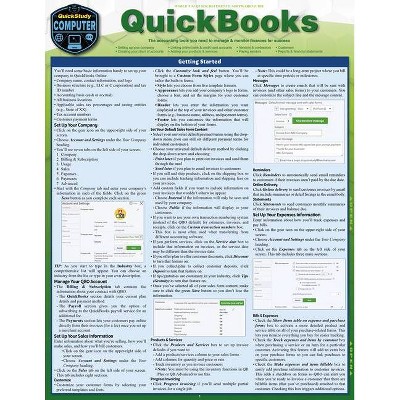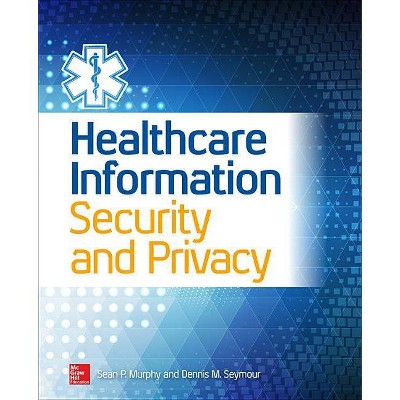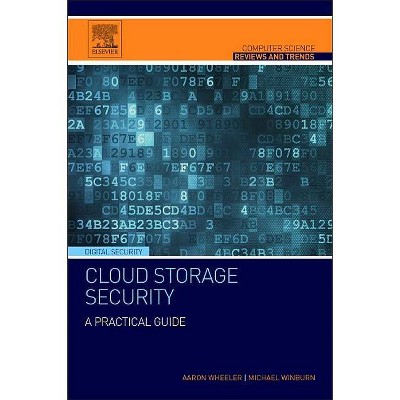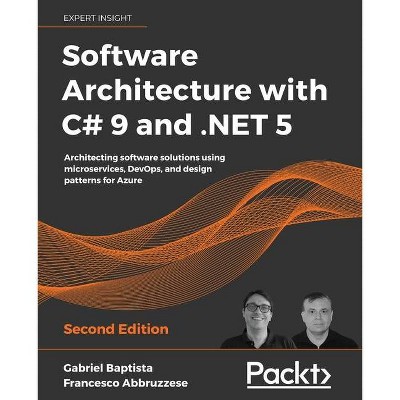How Algorithms Create and Prevent Fake News - by Noah Giansiracusa (Paperback)
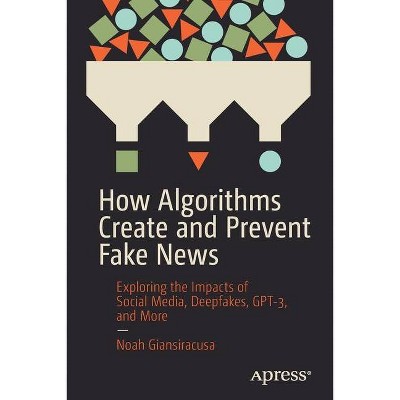
Similar Products
Products of same category from the store
AllProduct info
<p/><br></br><p><b> Book Synopsis </b></p></br></br><p><b>"It's a joy to read a book by a mathematician who knows how to write. [...] There is no better guide to the strategies and stakes of this battle for the future."</b></p><p><b>---Paul Romer, Nobel Laureate, University Professor in Economics at NYU, and former Chief Economist at the World Bank. </b></p><p><b>"By explaining the flaws and foibles of everything from Google search to QAnon--and by providing level-headed evaluations of efforts to fix them--Noah Giansiracusa offers the perfect starting point for anyone entering the maze of modern digital media."</b></p><p><b>--</b><b>Jonathan Rauch, senior fellow at the Brookings Institute and contributing editor of <i>The Atlantic</i></b></p><p>From deepfakes to GPT-3, deep learning is now powering a new assault on our ability to tell what's real and what's not, bringing a whole new algorithmic side to fake news. On the other hand, remarkable methods are being developed to help automate fact-checking and the detection of fake news and doctored media. Success in the modern business world requires you to understand these algorithmic currents, and to recognize the strengths, limits, and impacts of deep learning---especially when it comes to discerning the truth and differentiating fact from fiction. </p><p>This book tells the stories of this algorithmic battle for the truth and how it impacts individuals and society at large. In doing so, it weaves together the human stories and what's at stake here, a simplified technical background on how these algorithms work, and an accessible survey of the research literature exploring these various topics.</p><p> </p><p><i>How Algorithms Create and Prevent Fake News</i> is an accessible, broad account of the various ways that data-driven algorithms have been distorting reality and rendering the truth harder to grasp. From news aggregators to Google searches to YouTube recommendations to Facebook news feeds, the way we obtain information today is filtered through the lens of tech giant algorithms. The way data is collected, labelled, and stored has a big impact on the machine learning algorithms that are trained on it, and this is a main source of algorithmic bias -- which gets amplified in harmful data feedback loops. Don't be afraid: with this book you'll see the remedies and technical solutions that are being applied to oppose these harmful trends. There is hope.</p><p><b>What You Will Learn</b></p><p></p><ul><li>The ways that data labeling and storage impact machine learning and how feedback loops can occur</li><li>The history and inner-workings of YouTube's recommendation algorithm</li><li>The state-of-the-art capabilities of AI-powered text generation (GPT-3) and video synthesis/doctoring (deepfakes) and how these technologies have been used so far</li><li>The algorithmic tools available to help with automated fact-checking and truth-detection</li></ul><p></p><p><b>Who This Book is For</b></p><p>People who don't have a technical background (in data, computers, etc.) but who would like to learn how algorithms impact society; business leaders who want to know the powers and perils of relying on artificial intelligence. A secondary audience is people with a technical background who want to explore the larger social and societal impact of their work.</p><p/><br></br><p><b> From the Back Cover </b></p></br></br><p>From deepfakes to GPT-3, deep learning is now powering a new assault on our ability to tell what's real and what's not, bringing a whole new algorithmic side to fake news. On the other hand, remarkable methods are being developed to help automate fact-checking and the detection of fake news and doctored media. Success in the modern business world requires you to understand these algorithmic currents, and to recognize the strengths, limits, and impacts of deep learning---especially when it comes to discerning the truth and differentiating fact from fiction. </p> <p>This book tells the stories of this algorithmic battle for the truth and how it impacts individuals and society at large. In doing so, it weaves together the human stories and what's at stake here, a simplified technical background on how these algorithms work, and an accessible survey of the research literature exploring these various topics.</p> <p><i>How Algorithms Create and Prevent Fake News</i> is an accessible, broad account of the various ways that data-driven algorithms have been distorting reality and rendering the truth harder to grasp. From news aggregators to Google searches to YouTube recommendations to Facebook news feeds, the way we obtain information today is filtered through the lens of tech giant algorithms. The way data is collected, labelled, and stored has a big impact on the machine learning algorithms that are trained on it, and this is a main source of algorithmic bias -- which gets amplified in harmful data feedback loops. Don't be afraid: with this book you'll see the remedies and technical solutions that are being applied to oppose these harmful trends. There is hope.</p> <p></p><p/><br></br><p><b> About the Author </b></p></br></br>Noah Giansiracusa received a PhD in mathematics from Brown University and is an Assistant Professor of Mathematics and Data Science at Bentley University, a business school near Boston. He previously taught at U.C. Berkeley, University of Georgia, and Swarthmore College. He has dozens of publications in math and data science and has taught courses ranging from a first-year seminar on quantitative literacy to graduate machine learning. Most recently, he created an interdisciplinary seminar on truth and lies in data that was the impetus for this book. He has received national grants and spoken at international conferences for his research in mathematics, and he has been quoted several times in <i>Forbes</i> as an expert on artificial intelligence. Noah also created a high school outreach program for underrepresented and disadvantaged youths, focusing on mathematics and statistics in the courtroom, that was headlined by an Obama-appointed Federal Circuit judge.<p></p>
Price History
Price Archive shows prices from various stores, lets you see history and find the cheapest. There is no actual sale on the website. For all support, inquiry and suggestion messages communication@pricearchive.us
